Stress is something that we all experience in our daily lives, and it can manifest in many different ways – from feelings of anxiety and overwhelm to physical symptoms like headaches and muscle tension. While some level of stress is a normal part of life, chronic or intense stress can have a significant impact on our mental and physical health.
Fortunately, mindfulness is a powerful tool for managing stress and its associated symptoms. At its core, mindfulness is about being present in the moment, without judgment or distraction. By practicing mindfulness, we can learn to observe our thoughts and feelings without getting caught up in them, creating space for greater calm and resilience.
One of the most well-known mindfulness techniques for stress reduction is meditation. Meditation involves focusing your attention on a specific object or sensation, such as your breath or a sound. When your mind inevitably wanders, you simply notice this and gently bring your attention back to your chosen object. Through consistent practice, meditation can help you become more aware of your thoughts and feelings, and develop greater control over your reactions to stress.
Another effective mindfulness technique for stress reduction is deep breathing. By focusing on your breath and taking slow, deep inhales and exhales, you can activate your body’s relaxation response and reduce feelings of stress and anxiety. Body scan exercises, which involve focusing your attention on different parts of your body and noticing any sensations or tension, can also be a helpful way to release physical stress.
When incorporating mindfulness into your daily routine for stress reduction, it’s important to approach the practice with an open and accepting mindset. You don’t need to be perfect or achieve a certain outcome – simply being present and aware of your thoughts and feelings is enough. Over time, with consistent practice, you’ll begin to experience the many benefits of mindfulness, including greater calm, resilience, and overall well being.
Incorporating mindfulness into your daily routine doesn’t have to be complicated or time-consuming. You can practice mindfulness techniques like deep breathing and body scan exercises for just a few minutes each day, or incorporate mindfulness into your everyday activities by focusing on your breath while washing dishes or paying attention to your surroundings during a walk.
In conclusion, stress is a common experience in modern life, but mindfulness is a powerful tool for managing stress and its associated symptoms. By incorporating mindfulness into your daily routine and approaching the practice with an open and accepting mindset, you can experience greater calm, resilience, and overall well being. So, take a few moments each day to practice mindfulness and see how it can transform your relationship with stress.
